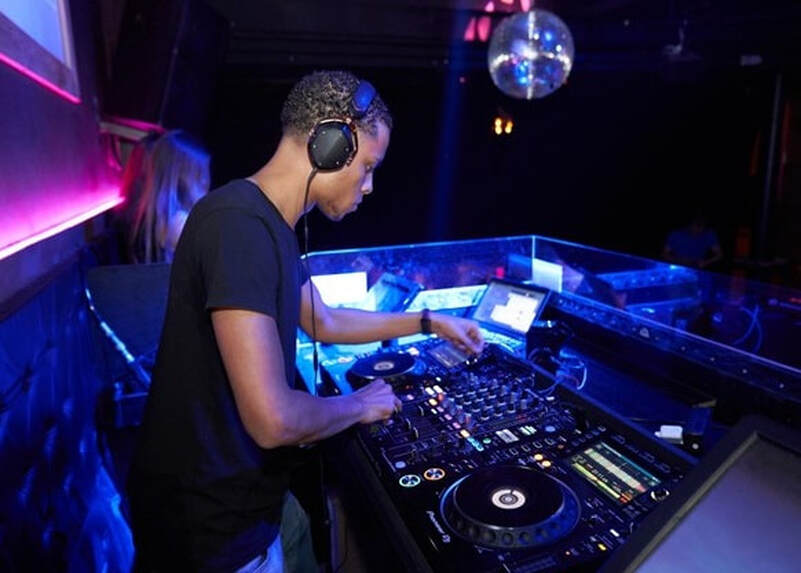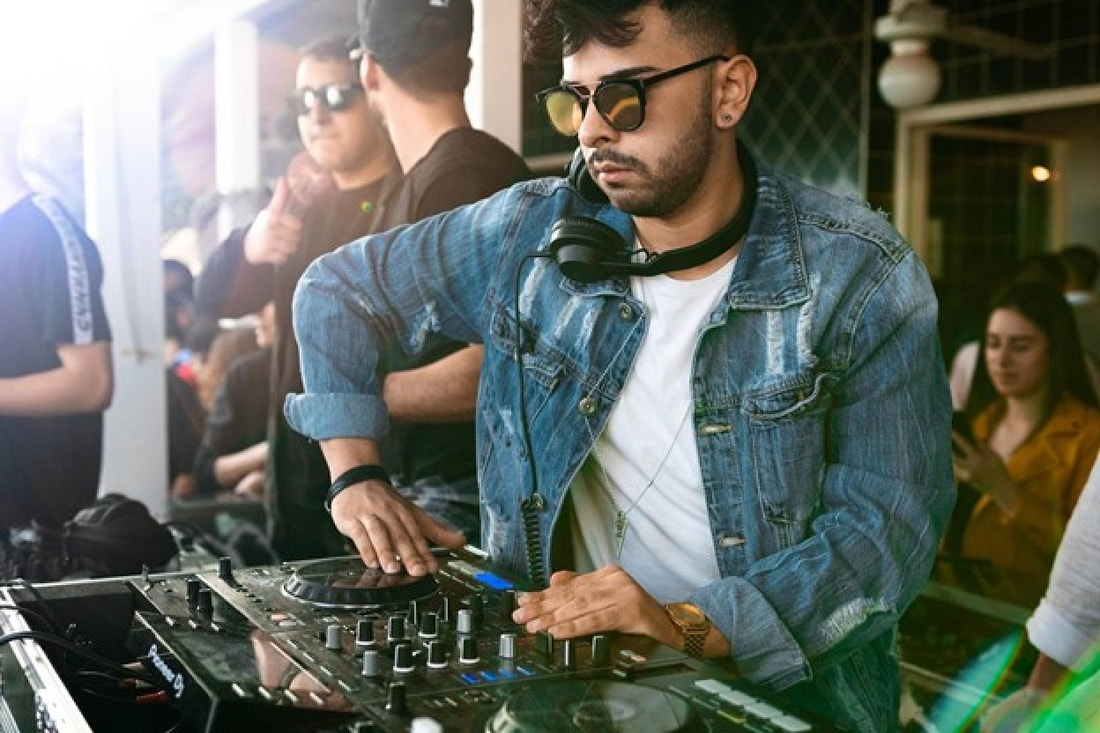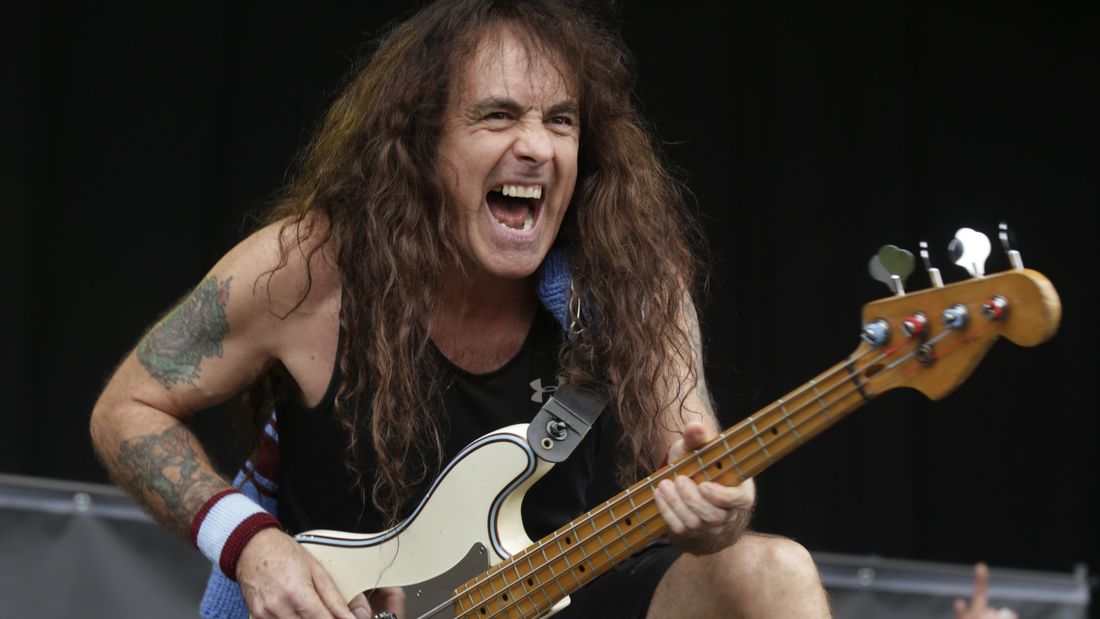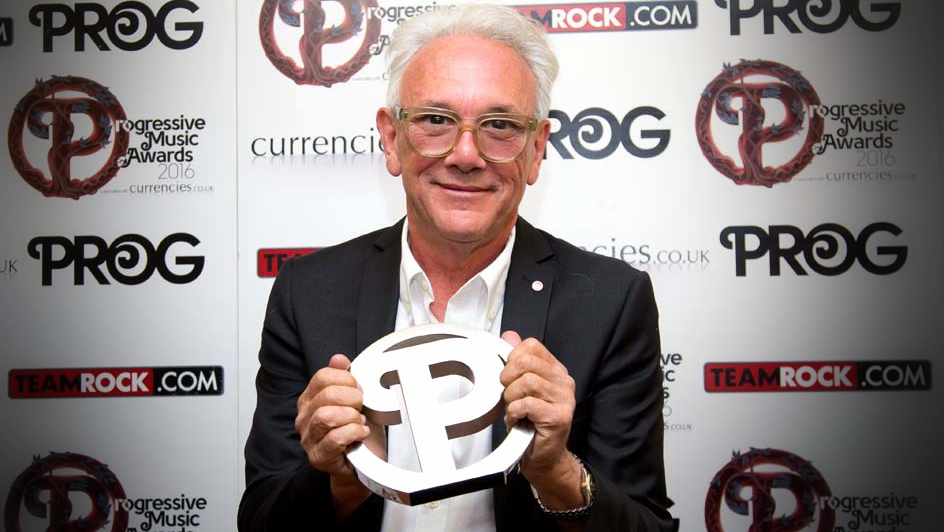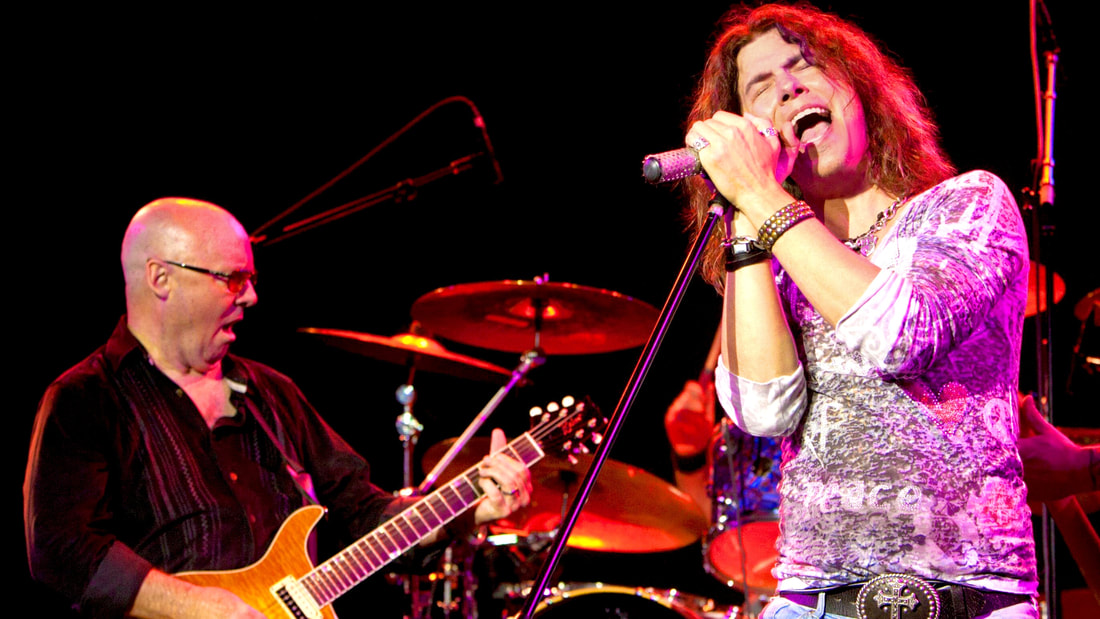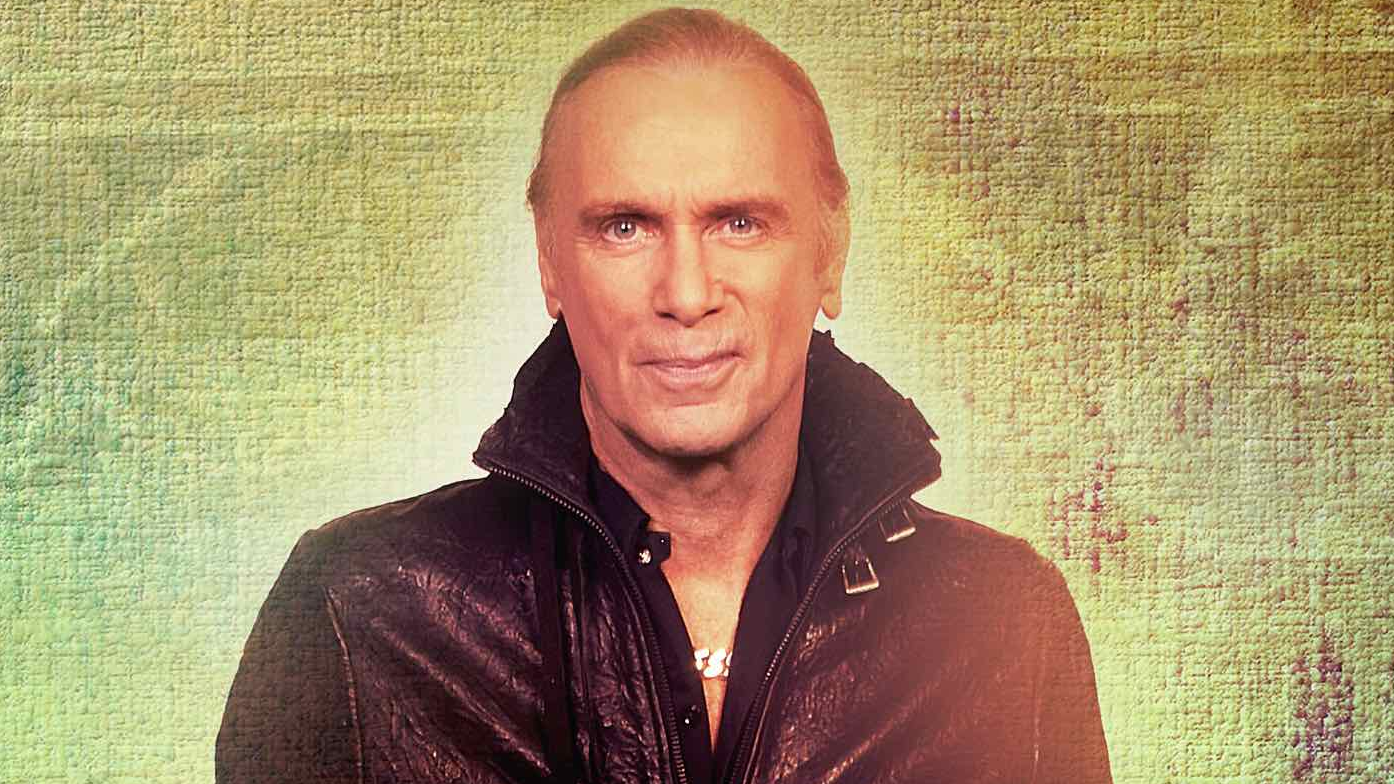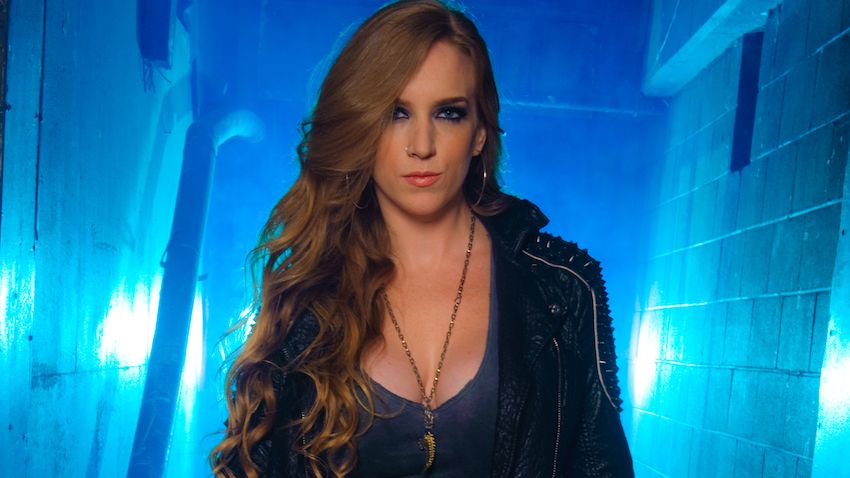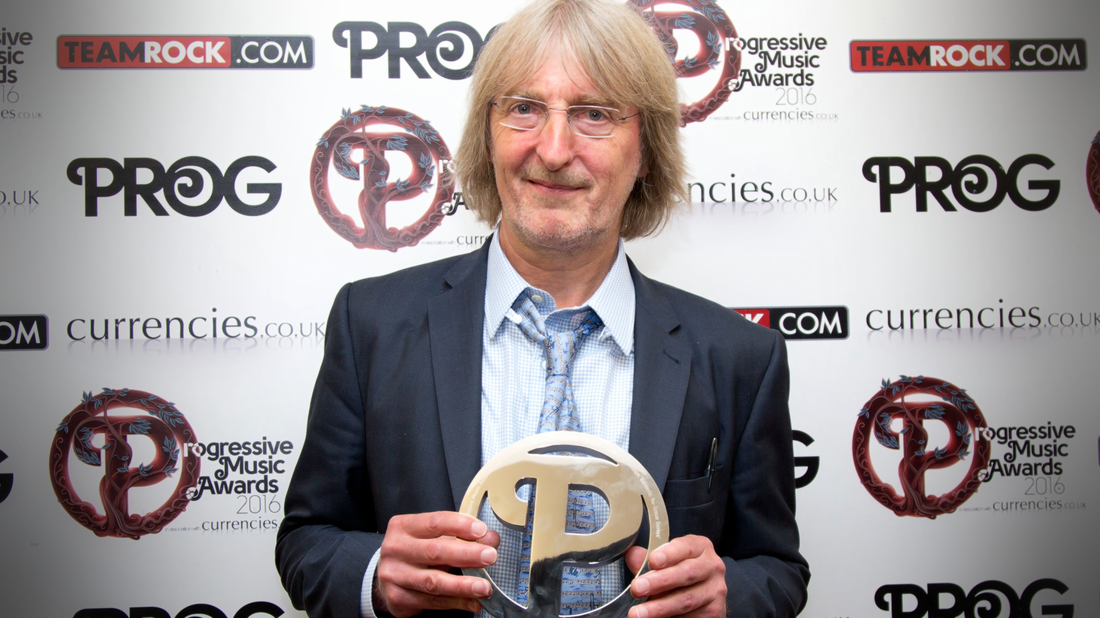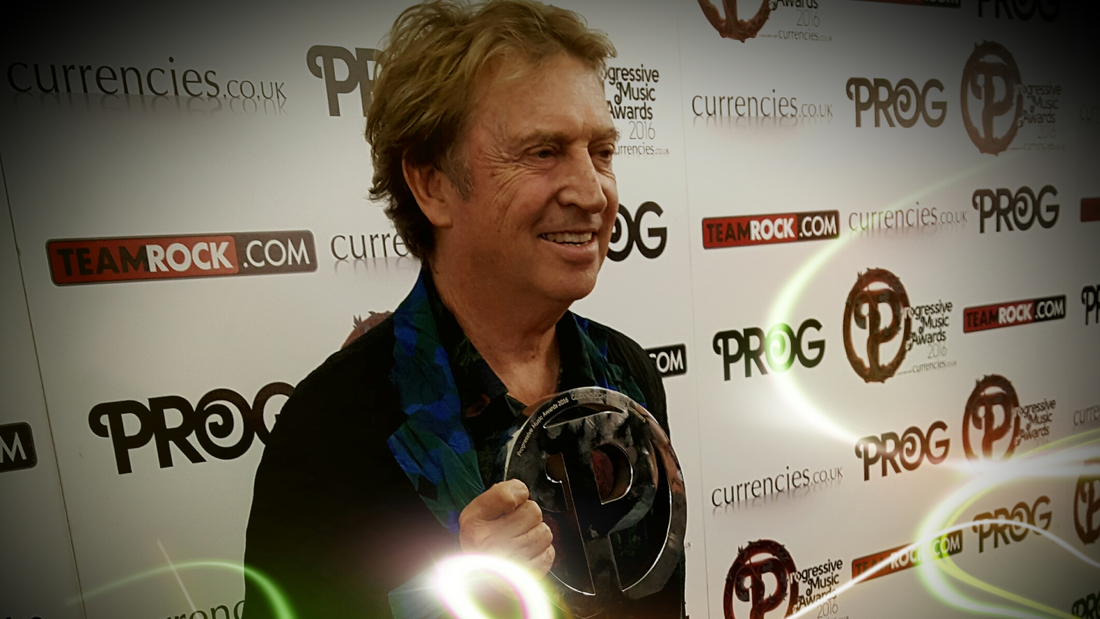DJ Controllers
You see plenty of DJs with a laptop on their booth and it’s a useful way to have access to music and tools, but an even easier way is when they use controllers. A DJ controller is an all-in-one microprocessor unit (sometimes called a deck) that has knobs, sliders, and buttons that help them access the right settings and adjustments on the fly. Looking at the DDJ sb3 vs DDJ 400, you can see that no two controllers are the same, as some may be really stripped down and simplified, while others have the entire set up, including spin decks. Regardless, nearly every DJ will use a controller as their main device.
MIDI Sequencer/Controller
A MIDI sequencer or controller is somewhat similar in concept to a DJ controller. It’s not as robust, and often a full-sized controller includes a small MIDI pad, but it has its own set of controls and uses. It uses pressure-sensitive pads that can be quickly tapped to produce, replicate, or program sounds from audio programs or from song mixes. It can also use plug-ins to make mixing on the fly work even smoother. A MIDI sequencer is a game-changer for a lot of DJs that need a lot of flexibility when performing.
Synthesizers
Audio Samples
Without the right audio samples, it’s hard for a lot of DJs to cut their teeth on finding out their style and how to mix. Many DJs start off their careers using audio samples from sites that provide free clips or beat packages, then graduate to making their own songs and samples, while others prefer to use samples because of how it lays some simple foundation. Regardless, it’s a good way for a DJ to build a library of sounds they can start playing around with to get inspiration or ideas.
Digital Audio Workstations (DAWs)
One of the most important tools a DJ has resided in their computer. Digital audio workstations, or DAWs, are the software that allows them to mix and edit on their computer before using their files on their hardware workstations. DAWs come in all shapes and sizes, from simple open-source and free programs to robust and intimidating paid programs, but this is essential for playing around with sounds before trying them out on a controller or deck.
Music Research
The final key to a DJs musical prowess isn’t about any tool they use on a computer or on their workstation, it’s their ability to research music. Without understanding other artists’ music, creating a taste, and having an ear for things like rhythm, tempo, or tone, it’s hard to imagine making music yourself. This is why many DJs are audiophiles that spend countless hours researching music, listening to music, and finding new artists so they can craft a better mental catalogue and audio library to sample from and learn from.
Being a DJ gets a bad rep as a lot of misinformed people think it’s just about pushing buttons or turning knobs. The truth is it’s a lot of skill, and a lot of that skill is reliant upon the tools and tricks you’ve read about here.

